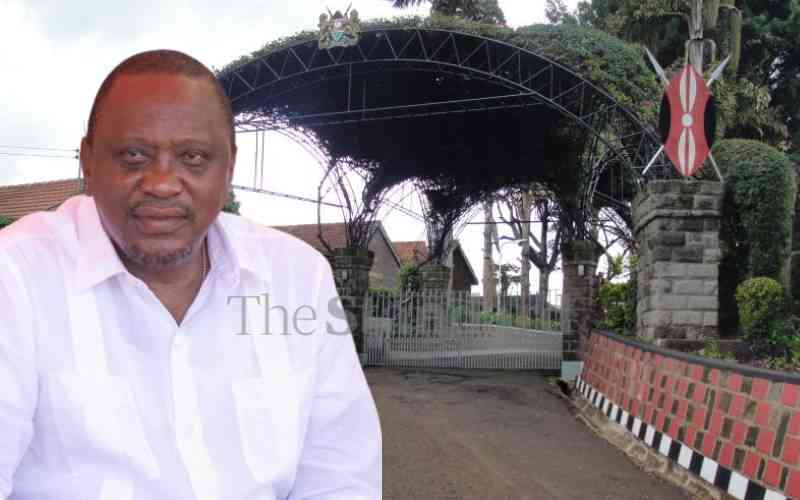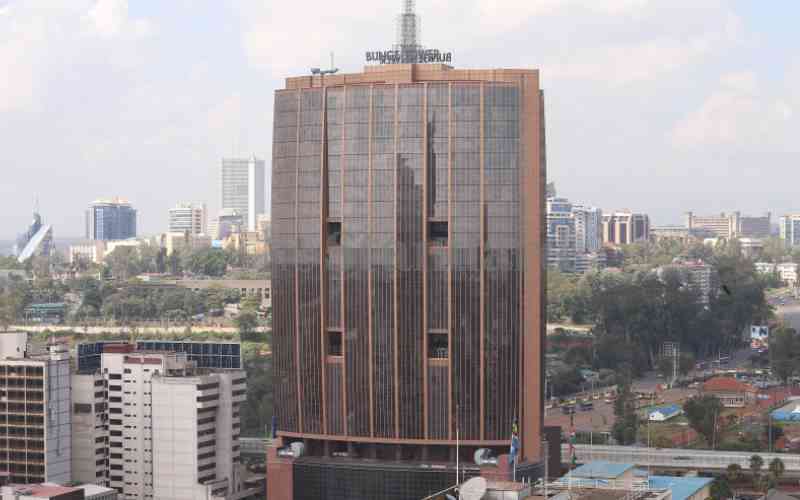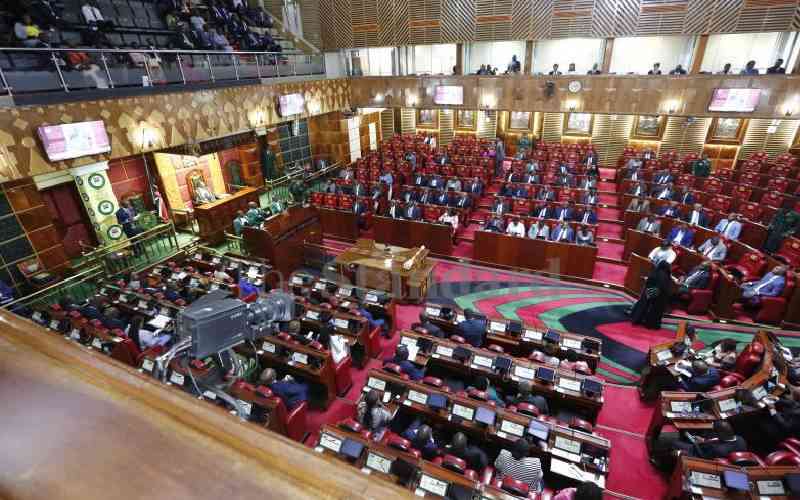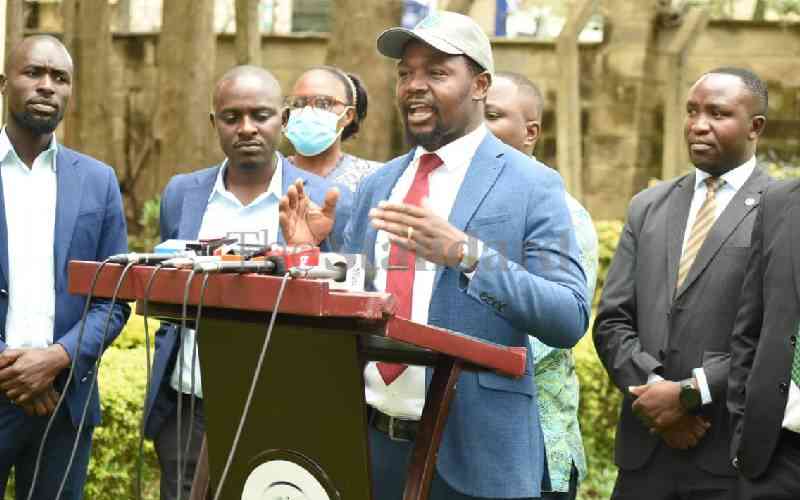By Caroline Wahome
Kenya: Kenyan MPs are known for speaking in faltering Kiswahili, never mind that it is a national language. In the early years of independence, some leaders felt that the adoption of Kiswahili would promote cultural nationalism.
It was in 1974 that the Kanu National Governing Council met and decided to adopt the use of Kiswahili in Parliament’s official debate.
But as records show, it was an experiment that caught many MPs unawares and spread confusion in the first days. Debate was laced with raw humour as MPs struggled to pick appropriate words and translate parliamentary jargon.
Following the resolution, President Kenyatta was annoyed that MPs did not start debating in Kiswahili soon enough. In a discussion with Speaker Fred Mati, he demanded an explanation.
On July 15, 1974, Parliament was debating a motion on an impartial body to oversee land transactions when Mati made an impromptu announcement.
“I have an important announcement to make,” he said. “I have spoken to his Excellency the President on the question of this House switching from English to Swahili. I have explained to him the difficulties we have switching over to Kiswahili but it is his feeling that we should as an experiment start straight away, but we shall in due course start sorting out our difficulties.”
It was an experiment they were not ready for. From then on, he ordered that the next MP, who happened to be member for Kilungu Mutiso Muyu, must address the House in Kiswahili.
Immediately several MPs rose on a point of order.
Kikuyu MP JK Gatuguta wanted to know: What words would they use for point of order? Would they address the Speaker as mwenyekiti (chairman) or msemaji (literary, speaker?) No one had an answer.
And there are those who offered their own, albeit misleading translations.
One MP said whenever his constituents went to the ministry of Lands to ask why the issuance of title deeds was being delayed, they were always told to check again mwezi ujao (the following month.) He wanted to know what the officials meant by mwezi ujao, “which never comes.”
GG Kariuki, the assistant minister for Lands and Settlement had an answer: “Kwa Kiswahili, mwezi ujao ni sawa sawa na as soon as possible katika lugha ya Kiingereza.” (it means as soon as possible).
Another MP shot up in protest: “I don’t know whether this is the correct translation, or whether it is just applicable to his ministry.”
Breaking the law
Stay informed. Subscribe to our newsletter
The member for Butere, Martin Shikuku, felt that the MPs were breaking the law by debating in Kiswahili. This is because Standing Orders stipulated that debate should be in English. He suggested that they first suspend those orders.
But Kariuki said the issue was beyond Parliament because this followed an order by the president.
“The President, as we all know, is above all laws,” he told the MPs. “Now, he has already decided that we must speak in Kiswahili. We agreed yesterday and now, Mzee is demanding to know why we are not speaking in Kiswahili, I would like us to go on as planned even though some words are hard to pronounce.”
At one point, George Anyona said he had difficulties expressing himself in Kiswahili. A member shouted that he should then speak in Kisii!
The same fate befell Wachira Waweru, (Makuyu) who spoke about shortage of a particular drug in hospitals. But he said he did not know what the drug was called, and Mrs Grace Onyango (Kisumu Central) promptly advised him to speak in Kikuyu. He started explaining in his mother tongue but was cut short by loud laughter.
Hard times for njonjo
But perhaps the man who faced the biggest problem was Charles Njonjo, he who was known for his English mannerisms.
When Ronald Ngala spoke in Kiswahili and asked him to explain how the government would deal with religious sects that broke the law, he said he could not speak the national language.
“Mr Speaker Sir, I am afraid my Kiswahili is very limited and frankly speaking, I must confess that I did not understand a single word from the honourable member’s question.”
Ngala had to repeat his question in English.
The MPs went on to mix English and Kiswahili in their debates. This became so common that the Hansard (parliament’s official record) staff complained it had become difficult to transcribe debate.
The Speaker raised the matter and gave a firm order that they must not mix the two languages. Later in 1974, Parliament made an amendment to the Constitution that made Kiswahili an official language of debate.
However, this was repealed a year later with a clause that stipulated that Bills should be presented in English, and debate would be in any of the two languages.
 The Standard Group Plc is a
multi-media organization with investments in media platforms spanning newspaper
print operations, television, radio broadcasting, digital and online services. The
Standard Group is recognized as a leading multi-media house in Kenya with a key
influence in matters of national and international interest.
The Standard Group Plc is a
multi-media organization with investments in media platforms spanning newspaper
print operations, television, radio broadcasting, digital and online services. The
Standard Group is recognized as a leading multi-media house in Kenya with a key
influence in matters of national and international interest.
 The Standard Group Plc is a
multi-media organization with investments in media platforms spanning newspaper
print operations, television, radio broadcasting, digital and online services. The
Standard Group is recognized as a leading multi-media house in Kenya with a key
influence in matters of national and international interest.
The Standard Group Plc is a
multi-media organization with investments in media platforms spanning newspaper
print operations, television, radio broadcasting, digital and online services. The
Standard Group is recognized as a leading multi-media house in Kenya with a key
influence in matters of national and international interest.








